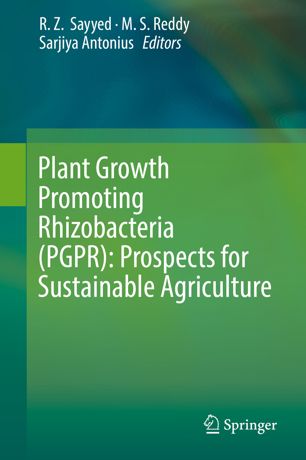

Most ebook files are in PDF format, so you can easily read them using various software such as Foxit Reader or directly on the Google Chrome browser.
Some ebook files are released by publishers in other formats such as .awz, .mobi, .epub, .fb2, etc. You may need to install specific software to read these formats on mobile/PC, such as Calibre.
Please read the tutorial at this link: https://ebookbell.com/faq
We offer FREE conversion to the popular formats you request; however, this may take some time. Therefore, right after payment, please email us, and we will try to provide the service as quickly as possible.
For some exceptional file formats or broken links (if any), please refrain from opening any disputes. Instead, email us first, and we will try to assist within a maximum of 6 hours.
EbookBell Team

0.0
0 reviewsSustainable increase in agricultural production while keeping the environmental quality, agro-ecosystem function and biodiversity is a real challenge in current agricultural practices. Application of PGPR can help in meeting the expected demand for increasing agricultural productivity to feed the world’s booming population. Global concern over the demerits of chemicals in agriculture has diverted the attention of researchers towards sustainable agriculture by utilizing the potential of Plant Growth Promoting Rhizobacteria (PGPR). Use of PGPR as biofertilizers, biopesticides, soil, and plant health managers has gained considerable agricultural and commercial significance.
The book Plant Growth Promoting Rhizobacteria (PGPR): Prospects for Sustainable Agriculture has contributions in the form of book chapter from 25 eminent global researchers, that discusses about the PGPRs and their role in growth promotion of various crop plants, suppression of wide range of phytopathogens, their formulation, effect of various factors on growth and performance of PGPR, assessment of diversity of PGPR through microsatellites and role of PGPR in mitigating biotic and abiotic stress.This book will be helpful for students, teachers, researchers, and entrepreneurs involved in PGPR and allied fields. The book will be highly useful to researchers, teachers, students, entrepreneurs, and policymakers.